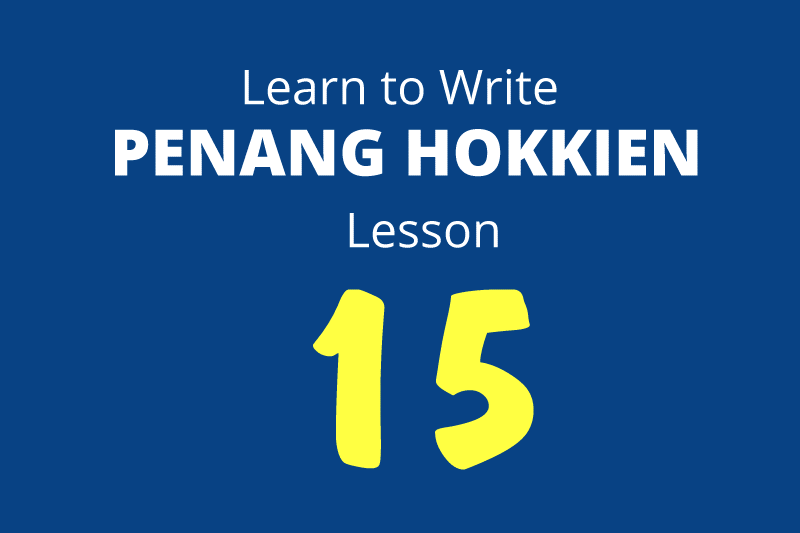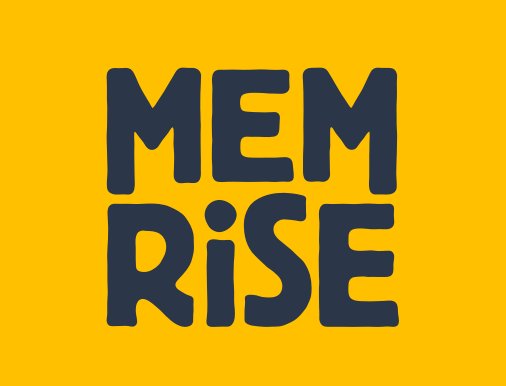
Having learned how to use numbers for telling time, we move on next to their use in money. The words for money are lui1
 , gin2
, gin2  and cni2
and cni2  . Each of these mean money, but is used under different context.
. Each of these mean money, but is used under different context.In Penang, as in the rest of Malaysia, our money is the ringgit, which in Penang Hokkien is known as khor1
 .
.When referring to whole ringgit, this is what we say:
RM1: Cit3 khor1

RM2: Nor33 khor1

RM5: Gor33 khor1

RM10: Cap3 khor1

RM25: Jee33-cap3-gor33 khor1

RM137: Cit3-pak1-snar3-cap3-chit1 khor1

RM2,000: Nor33-cheng3 khor1
 RM2,700: Nor33-cheng1, chit1-pak1 khor1
RM2,700: Nor33-cheng1, chit1-pak1 khor1 
The word khor1 can be used both as a noun in its own right, or as classifier to the word gin2. As a classifier in front of a noun, it is hyphenated to the number and sandhis. This is common when the amount is in the single-digit region (less than RM10). So, an alternative way to state the above examples is as follows:
RM1: Cit3-khor3 gin2

RM2: Nor33-khor3 gin2

RM5: Gor33-khor3 gin2

Each ringgit comprises 100 sen, which is known in Penang Hokkien as lui1. Therefore, lui1 can mean money and can also mean sen. "No money" in Penang Hokkien is boh3 lui1
 . To be "well off" in Penang Hokkien is uh33 lui1
. To be "well off" in Penang Hokkien is uh33 lui1  (literally, "got money"). To make money, or to earn a profit, is than1 lui1
(literally, "got money"). To make money, or to earn a profit, is than1 lui1  ; so, to not make any profit is boh3 than1 lui1
; so, to not make any profit is boh3 than1 lui1  .
.The word lui1 is used for sen when it is not in blocks of tens, such as:
1 sen: cit3 lui1

2 sen: nor33 lui1

5 sen: gor33 lui1

15 sen: cap3-gor33 lui1

25 sen: jee33-cap3-gor33 lui1

99 sen: kau1-cap3-kau1 lui1

When referring to sen in blocks of tens, we use the word puat1. Incidentally, the word puat1
 is also the Penang Hokkien word for the Thai baht, so there is likelihood that both words have the same origin.
is also the Penang Hokkien word for the Thai baht, so there is likelihood that both words have the same origin.10 sen: cit3 puat1

20 sen: nor33 puat1

50 sen: gor33 puat1

90 sen: kau1 puat1

The word puat1 can be used both as a noun in its own right, or as a classifier to the word cni2. As a classifier in front of a noun, it is hyphenated to the number and sandhis. So, an alternative way to state the above examples is as follows:
10 sen: cit3-puat3 cni2

20 sen: nor33-puat3 cni2

50 sen: gor33-puat3 cni2

90 sen: kau1-puat3 cni2

As mentioned above, the word cni2 also means money. It is used with puat1 in the above construction. It is also used in phrases such as ciak3 cni2
 (literally, "eat money") to mean "to take a bribe". You can also say ciak3 lui1
(literally, "eat money") to mean "to take a bribe". You can also say ciak3 lui1  to mean the same thing, but we don't say "ciak3 gin2" for "to take a bribe". So, be aware that the three words for money, gin2, lui1 and cni2 are not interchangeable in their usage.
to mean the same thing, but we don't say "ciak3 gin2" for "to take a bribe". So, be aware that the three words for money, gin2, lui1 and cni2 are not interchangeable in their usage.Prices in a combination of ringgit and sen are stated as follows:
RM1.35: Cit3 khor1 snar3-cap3-gor33 lui1

RM6.99: Lark3 khor1 kau1-cap3-kau1 lui1

RM11.85: Cap3-it1 khor1 peik1-cap3-gor33 lui1

Where the sen is rounded to blocks of ten, and used in combination with ringgit, we do not use "puat1". Instead, the puat1 value is stated as it1, jee33, snar3, etc. Also, if the ringgit value is one, we drop the word cit1.
RM1.10: khor3 it3
 (rather than cit3 khor3 it3)
RM1.20: khor3 jee33
(rather than cit3 khor3 it3)
RM1.20: khor3 jee33 
RM2.10: nor33 khor3 it3

RM3.30: snar3 khor3 snar1

RM4.60: see1 khor3 lark1

RM11.70: cap3-it1 khor3 chit3

RM18:80: cap-peik1 khor3 peik3

To state 50 sen, we use the word pnua3 (half) which we met in our lesson for telling time.
RM1.50: khor3 pnua3
 (rather than cit3 khor1 gor33)
(rather than cit3 khor1 gor33)RM2.50: nor33 khor3 pnua3

RM7.50: chit1 khor3 pnua3

RM15.50: cap3-gor33 khor3 pnua3

To ask "how much?", we say kui1 lui1?
 (never "kui1 gin2" or "kui1 cni2") If we know the price is in whole ringgit, we can also ask, kui1 khor1?
(never "kui1 gin2" or "kui1 cni2") If we know the price is in whole ringgit, we can also ask, kui1 khor1?  (literally, "how many ringgit?") Alternative to asking "kui1 lui1?" is to ask cor3 ce33 lui1?
(literally, "how many ringgit?") Alternative to asking "kui1 lui1?" is to ask cor3 ce33 lui1?  In our next lesson, we will learn more about "kui" and "cor", and learn how each of them is used.
In our next lesson, we will learn more about "kui" and "cor", and learn how each of them is used.
Previous Lesson | Main Page | Next Lesson
Language Learning Tools
Use the following language learning tools to learn Penang Hokkien!Learn Penang Hokkien with uTalk
This app opens the door to over 150 languages.Return to Penang Hokkien Resources

Copyright © 2003-2025 Timothy Tye. All Rights Reserved.

 Go Back
Go Back
